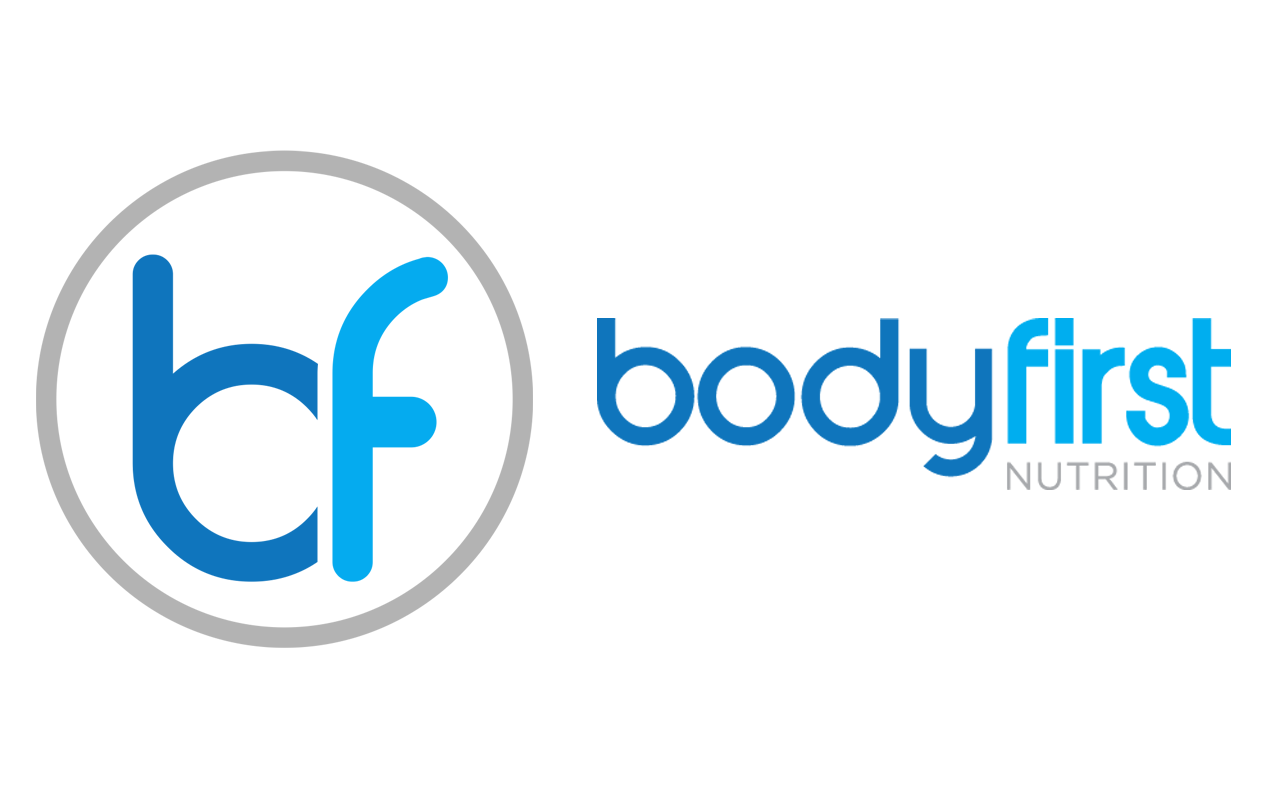Why Eggs Are the Real MVP of Nutrition (Happy World Egg Day!)
 Crack Open the Power! Why Eggs Are the Real MVP of Nutrition (Happy World Egg Day!)
Crack Open the Power! Why Eggs Are the Real MVP of Nutrition (Happy World Egg Day!)
It’s World Egg Day, and we’re egg-cited to celebrate one of nature’s most perfect foods — the humble egg! Whether you like them fried, scrambled, poached, boiled, or whisked into pancakes, eggs deserve a standing ovation for how much goodness they pack into a tiny shell.
Let’s crack into why eggs are such a big deal for your body (and your taste buds). 
 1. A Little Egg, A Lot of Nutrients
1. A Little Egg, A Lot of Nutrients
One large egg has only about 70 calories, but it’s loaded with 6–7 grams of high-quality protein and over a dozen essential vitamins and minerals. That includes:
- Vitamin B12 for energy and brain function
- Vitamin D for strong bones
- Choline, which helps your brain and nervous system stay sharp
- Iron, zinc, and selenium — tiny minerals with mighty benefits
It’s basically a multivitamin in a shell!
 2. Protein Powerhouse
2. Protein Powerhouse
Egg protein is one of the best kinds you can get. It contains all nine essential amino acids, the building blocks your body needs to repair muscles, make enzymes, and keep you feeling full.
That’s why athletes, gym-goers, and breakfast lovers alike all swear by their morning eggs — they fuel your day without weighing you down.
 3. Heart-Healthy and Delicious
3. Heart-Healthy and Delicious
For years, eggs got a bad rap for cholesterol. But here’s the good news: research shows that for most people, eating eggs doesn’t raise heart disease risk. In fact, eggs can actually improve your HDL (“good”) cholesterol!
So go ahead — enjoy that golden yolk guilt-free.
 4. Perfect for All Ages
4. Perfect for All Ages
From toddlers to grandparents, eggs are one of the easiest and most affordable ways to get quality nutrition. They’re soft, easy to cook, and can be added to almost any meal.
Scrambled eggs for breakfast? Classic.
Egg salad sandwich for lunch? Comfort food perfection.
Veggie omelet for dinner? Chef’s kiss. 
 5. Eggs Go With Everything
5. Eggs Go With Everything
Think about it — there’s almost no dish that can’t be improved with an egg.
- Add one to your ramen for extra protein.
- Top your burger with a fried egg (you’re welcome).
- Whip them into desserts, breads, and sauces.
Eggs are the culinary chameleons of the kitchen — endlessly versatile and always delicious.
 6. A Global Favorite
6. A Global Favorite
World Egg Day isn’t just about breakfast — it’s about connection. Around the world, eggs play starring roles in cuisines from every culture:
- Spanish tortilla
- Japanese tamago sushi
- Indian anda curry
- French omelette
- Mexican huevos rancheros
No matter where you’re from, everyone’s got their own “eggcellent” recipe to love.
 So Let’s Celebrate!
So Let’s Celebrate!
Today, let’s raise our spatulas to this incredible little superfood. Whether you’re cracking a dozen for brunch or simply boiling a couple for a snack, remember — good things come in shells.
Happy World Egg Day!





